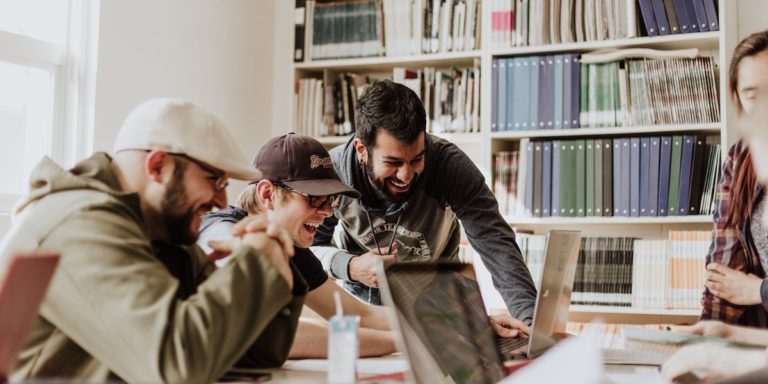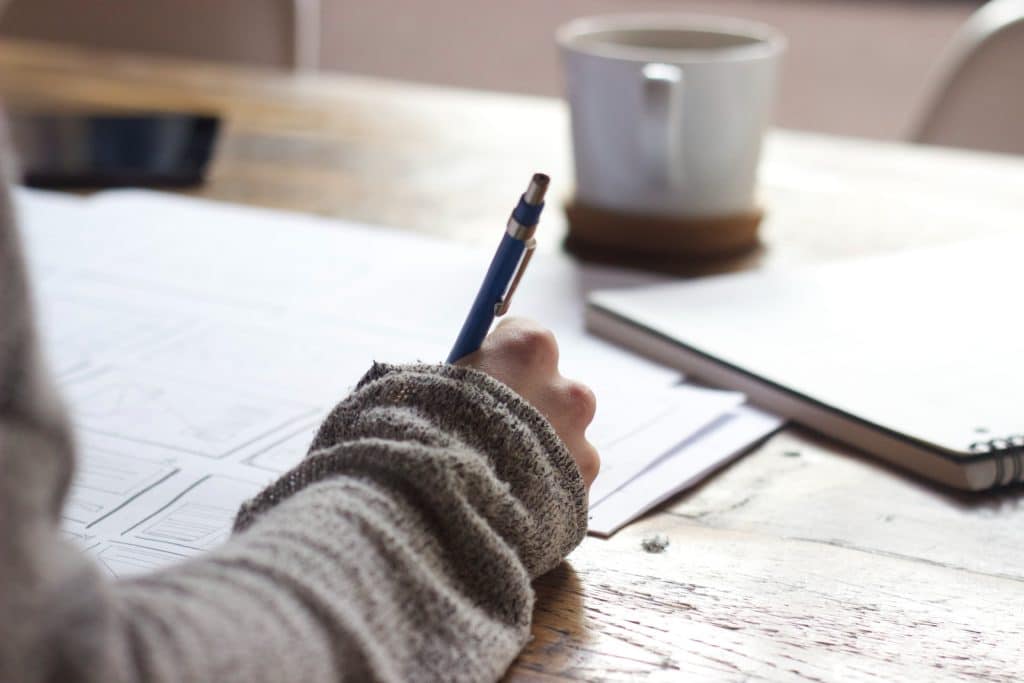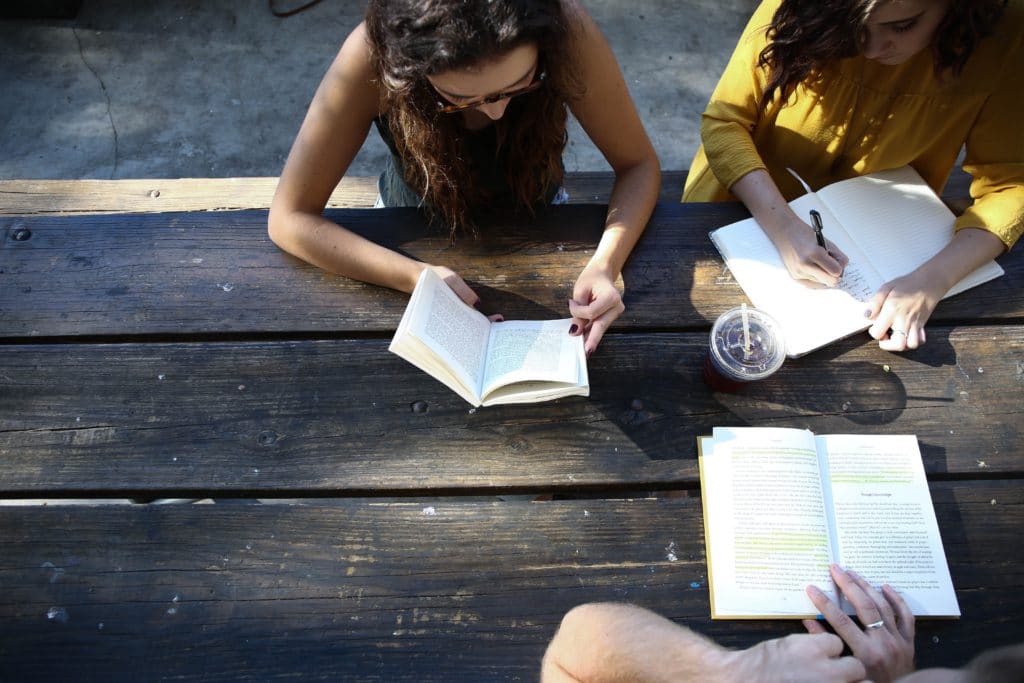
Studying abroad in Australia offers an unparalleled opportunity to immerse yourself in a diverse cultural environment, enhance your academic credentials, and explore some of the most breathtaking landscapes on the planet. Australia, renowned for its high-quality education system, friendly locals, and vibrant cities, is a top destination for international students. Once the student visa is obtained, there are still some tasks you have to complete before your adventure can begin. Here’s a comprehensive preparation guide to help you embark on this exciting journey.
Table of Contents
Why Study in Australia in 2025?
Global Network: Study alongside peers from 190+ countries, with vibrant student life in Sydney, Melbourne, Brisbane, Perth and Adelaide.Before you go: Administrative tasks
Record Enrolments: In 2024 Australia welcomed over 1.095 million international students—a first in its history—despite tighter visa rules.
Post-Study Work Rights: Graduates with eligible higher-education qualifications now receive up to four years of work rights, including the extra two years introduced on 1 July 2023.
World-Class Campuses: Nine universities in the global QS Top 100 (2025), plus excellent vocational and pathway programs.
Before you go – Admin stuff
Check your passport
It’s important to get these tasks out the way before you can study abroad in Australia. If you’re preparing to go abroad for several months (or years) it is essential you don’t ignore these administrative details.
firstly, before leaving, it is important to check the expiry date of your passport. This may seem obvious, but it is always safer to ensure that it will not expire during your stay in Australia. If this is the case, simply apply online to renew it. The sooner you can do this, the better as new passports can take a few weeks/months to arrive.
Bank transfer
Secondly, go to the bank. Inform your bank you are going abroad and ask which benefits your current credit card gives you if using it abroad. You may need to change some features to ensure it is valid abroad and that you will have little or no charge when you use it in Australia. It may also be helpful to ask for an increase to your withdrawal limit as you may have some big purchases to make (such as flights, deposits, insurance etc.) so you won’t want the card to get blocked. It can also be a good idea to open a bank account once you arrive in Australia. This will allow to transfer funds between your accounts using Wise or CurrencyFair to save on transfer fees and change rates.
💸 Transfer Money to Australia
Save money when transferring money to or from Australia.
Cancel your contracts
Then, before leaving the country, also organise cancelling or suspending all of your subscriptions or contracts. For example, the gym, internet, phone contract, insurances etc. You will not be requiring these for the foreseeable future.
Get your international driver’s licence
Also, if you plan to drive in Australia, consider applying for an international license. This is actually a translation of your license into several languages. If your license is already in English (obtained in the UK for example) then you will not be required to do this. Like a new passport, an international license can take a long time to arrive, so organise this well in advance.

Plan for Health and Safety: Health insurance
In Australia, healthcare is expensive, so while you are still at home, it may be wise to book medical check-ups with your doctor and dentist as well as check your vaccines are up to date if necessary. This will ensure your medical history is as up to date as possible and will avoid any unexpected fees when you arrive booking appointments or treatments in Australia.
Although, it is still essential you subscribe to health insurance. When you sign up for a student visa, it is mandatory to also sign up for student insurance in Australia, which will cover some (but not all) health costs.This compulsory insurance is called OSHC.
It can also be beneficial to have a second health insurance for these additional costs which won’t be covered with the student insurance. Many universities already offer insurance in their tuition fee included, check their websites for more information.
💸 5% discount on your insurance policy – Chapka Travel Insurance
Get your 5% off with Chapka Insurance for your student policy.
In doing so, it means any particular treatment, prescriptions or medications will be covered for the duration of your trip. This can also be redeemed against basic drugs used in everyday life. Do not forget to disclose any medication in your luggage as it may prevent you from entering at customs.
Understand the Visa Requirements
Australia boasts a wide range of world-class institutions, offering courses across virtually every field. Begin by researching universities that offer programs aligned with your academic interests and career goals. Consider factors such as the university’s ranking, faculty expertise, campus facilities, and the support services available for international students. Utilize resources like the Australian Government’s CRICOS website to ensure your chosen institution is accredited.
International students require a Student Visa (subclass 500) to study in Australia.
Application & Visa Steps
- Select Your Institution & Program: Use Study in Australia (studyinaustralia.gov.au) for official listings.
- Meet Entry Requirements: ATAR/GPA thresholds, IELTS 6.5 (no band below 6.0) or TOEFL 79+.
- Apply Online: Direct via university portals or through UniAssist by June–July for Feb intake (Semester 1).
- Obtain CoE & Health Cover: Secure your Confirmation of Enrolment (CoE) and purchase OSHC (AUD 600/yr).
- Lodge Student Visa (Subclass 500): Expect 4–8 weeks processing; plan your arrival accordingly.
New 2025 Policy Framework
- National Planning Level (NPL) Cap: From 2025, Australia caps new international-student commencements roughly at 2023 levels to manage growth—no overall intake freeze, but universities must plan admissions within this limit.
- Visa Fees & Processing: Student-visa application charges rose in 2024, and processing times now average 6–8 weeks, so apply early.
Prepare your Arrival
The procedures for settling in Australia, such as finding a home or opening a bank account are relatively straight forward. The majority of these tasks can only be done once you arrive. However, there are still some things you can do beforehand, such as organising your accommodation.
Secure Accommodation
Decide whether you prefer on-campus residence, homestay, or off-campus housing. Each option offers different experiences and budget implications. On-campus housing provides convenience and a vibrant community environment, while off-campus housing offers more independence.
One of the most popular solutions for affordable accommodation is to flatshare. Rent can prove very expensive, especially in large cities such as Sydney or Melbourne. Flat sharing is a good way to reduce this cost, but also to meet new people. It is very common in Australia for students or travellers on a Working Holiday Visa, to share an apartment so you will easily find lots of ads on specialised facebook groups or websites to assist your search.
Another form of housing is to live with the property owner instead of renting from a landlord. The easiest and most common way to do this is to become an Au Pair. This means that you will be housed and fed at home. In exchange for a few hours childcare and some light housework. This is a great way to avoid spending too much money as your food and rent is paid for, while many families also give pocket money for your time allowing you to save. But remember you are mainly in Australia to study.
Secure your accommodation well in advance to ensure a smooth transition upon arrival.
Also Read: Student Accommodation Guide Australia

Familiarize Yourself with Australian Culture
Australia’s laid-back lifestyle, rich cultural diversity, and unique slang can be a delightful discovery for international students. However, it’s beneficial to learn about Australian customs, social norms, and academic culture before arriving. This knowledge will help you adapt more quickly and enrich your study abroad experience.
Pack your bags
When all these tasks are complete, and your departure is only a few days away, you can finally start thinking about the final preparations, including packing. It may seem an overwhelming task to pack your life into a backpack, but these tips may help you.
Packing can, in fact, be very therapeutic as you sort through the belongings you no longer need from the ones you cannot live without. It is an ideal time to have a clear out. So start your sorting a few weeks beforehand, that way you’ll prove which clothes you do actually wear and which ones can be left behind. Any clothes you no longer wear, donate them to a charity shop or friends and family. Think carefully about the things you really need to study abroad in Australia.
It is so important when packing for Australia to only bring the necessary items. Take clothes you will actually wear while considering the different opportunities you may have (sports or hikes, nights out, beachwear etc). Be careful not to take too many clothes of the same kind!
Also, think about the climate of the region you are going to in Australia. For example, if you are going to study in Cairns, the weather is generally warm all year round. So Summer clothes are perfect. On the other hand, if you are going to Melbourne, the Winters can be cool. It may therefore be useful to bring some sweaters and a waterproof coat, for example.
Regardless of what you pack (or forget to pack!), you will always be able to purchase new clothes in Australia.
However, it is not just clothing; you will need to pack. You will also need space for your electronic devices such as your laptop! Also, consider taking a camera and an electronic adapter. Other items include any medicines you need, your passport and license, cash to be exchanged (or currency card) as well as photocopies of any important tickets or documents in case they are lost or damaged.
Now your to-do list is complete and your backpack packed there is just one last thing to do – party! Spend your last few days at home. Enjoy with your favourite home-cooked foods, friends, and family before saying goodbye as your study abroad adventure in Australia begins!
Free & Low-Cost Activities
Whether you’re on a tight budget or simply love a bargain, Australia’s campuses and cities offer plenty of no-cost and low-cost experiences. From cultural celebrations and outdoor adventures to on-campus events, here are some wallet-friendly ways to make the most of your study-abroad year.
- Cultural Festivals: Harmony Week (March) and NAIDOC Week (July)—free workshops, music and food.
- Outdoor Adventures:
- Sydney: Harbour Bridge walk (self-guided) & Bondi→Coogee coastal trail.
- Melbourne: Fitzroy Gardens jacaranda walks in October.
- Brisbane: Free kayak hire on the Brisbane River (student discount days).
- Nightlife: Many campuses host free movie nights and live-music showcases.
Need advice to study in Australia?
You may be hesitating on the visa you need, the steps to take, the school to choose or even the direction to take. It is vey easy to get lost …But do not panic, specialized organisations can help you. This is the case with Study Connection, which accompanies you for free in all your efforts to study in Australia. The costs are borne by the schools. And no need to have a clear plan, they are there to listen to you and advise you!
Contact them here: Study Connection


























